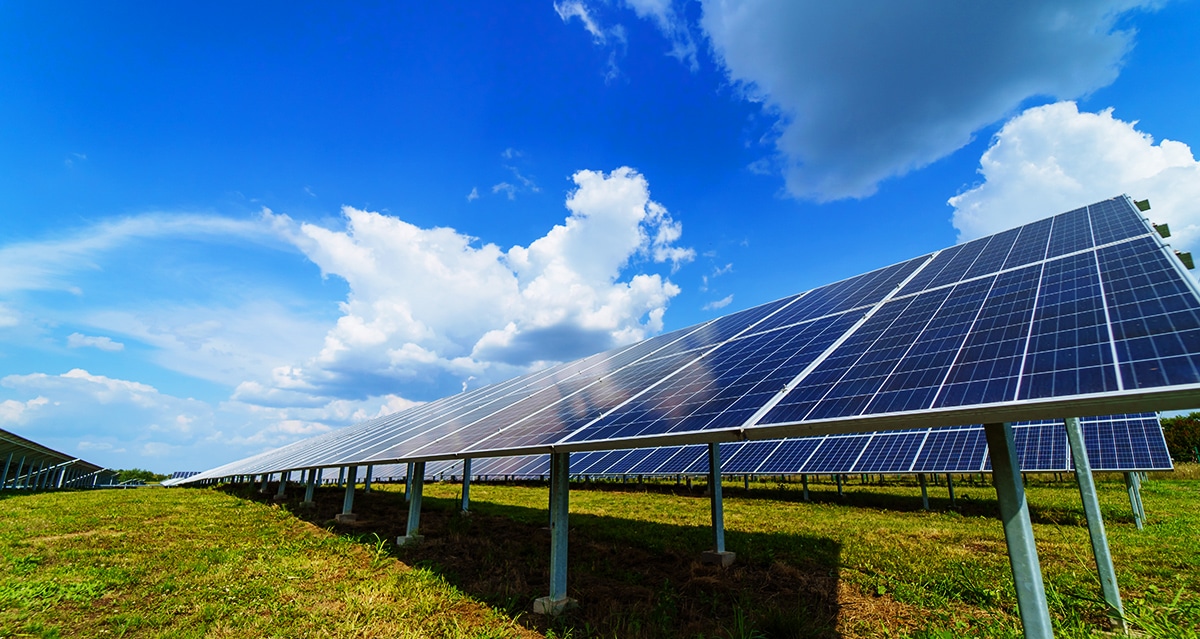With the increasing concerns about climate change and its implications on the environment and human lives, governments across the world have recognized the need to implement stronger environmental policies. While some have taken significant steps towards sustainability and achieving a carbon-free future, many others are lagging behind, putting not just their citizens but the entire planet at risk.
The impacts of climate change have become more evident in recent years, with rising temperatures, melting ice caps, increased natural disasters, and depletion of natural resources. These changes are not just affecting the environment but are also resulting in severe economic and social consequences.
The urgency of stronger environmental policies
The need for stronger environmental policies cannot be overemphasized. According to the United Nations, the world has just over a decade to address the issue of climate change and its impacts adequately. Failure to act may result in irreversible damage to the environment, leading to disastrous effects such as drought, famine, ocean acidification, and other ecological imbalances.
Therefore, it is imperative that governments worldwide take urgent action and implement stronger environmental policies to mitigate the adverse effects of climate change and to ensure a sustainable future for the planet and its inhabitants.
The role of governments in environmental policies
Governments play an essential role in developing and implementing environmental policies that will not only protect the environment but also ensure economic and social sustainability. In most countries, environmental policies are developed and regulated by government bodies such as the Environmental Protection Agency (EPA) or Ministry of Environment.
Governments are also responsible for enforcing environmental regulations and monitoring compliance with these laws. Without government intervention, industries and individuals will not feel the pressure to implement environmentally friendly practices.
It is the responsibility of governments to ensure that industry sectors integrate sustainability into their operations, that environmental standards are set and met, and that the public is aware of the impact they have on the environment.
Benefits of implementing stronger environmental policies
Implementing stronger environmental policies has a myriad of benefits, including:
1. Improved air and water quality
2. Reduced greenhouse gas emissions and mitigating the impacts of climate change
3. Reduced reliance on non-renewable resources
4. Increased energy efficiency
5. Encouragement of eco-friendly practices among individuals and industry players
6. Creating more job opportunities in the green energy sector
Challenges of implementing stronger environmental policies
While the benefits of implementing stronger environmental policies are undeniable, there are some challenges that governments face in implementing them adequately.
One of the significant challenges is political will. Many governments may be reluctant to push for stronger environmental policies because they may not be popular among the electorate, especially if it comes at a cost to businesses and individuals.
Resistance from industry sectors that may be affected by these policies is also a significant challenge. For example, fossil fuel companies are reluctant to reduce their CO2 emissions because it will require significant changes to their operations.
Another obstacle is a lack of funding and resources to implement the policies effectively, especially in developing countries.
Tips for implementing stronger environmental policies
While implementing stronger environmental policies may be challenging, there are ways in which governments can overcome these challenges and achieve sustainability. Here are some tips:
1. Developing a clear environmental policy framework with achievable goals and objectives
2. Encouraging collaboration among industry players and stakeholder groups to ensure buy-in and support
3. Providing incentives that encourage environmentally friendly practices
4. Penalizing companies or individuals that violate environmental regulations
5. Creating awareness campaigns to educate the public about the impact of their actions on the environment
6. Increasing funding and resources for implementing environmental policies
Conclusion
The impacts of climate change are real and pose a significant threat to humanity. Therefore, governments must take urgent action to implement stronger environmental policies to mitigate these impacts and ensure sustainable development for current and future generations.
While the challenges of implementing these policies cannot be ignored, they can be overcome through political will, collaboration, education, and incentives.
It is the responsibility of governments, not just to regulate environmental standards but to lead the charge in creating a sustainable future for all. The time to act is now, and every government must rise to the challenge.




